This quest brought me to seeking an internship at the HMA Law firm in one of the most turbulent and unpredictable times for immigrants in the US. Suffice to say that my Human Rights concerns have only multiplied under the current administration. I had done some research on the firm and knew they were doing a lot of advocacy work. I wanted to know more about the about what motivates the policymakers and how attorneys in the US are working to defend the basic rights of immigrants. My experience here has been nothing short of eye-opening.
Having spent time researching the anti-immigrant rhetoric in support of the firm’s advocacy, I became acutely aware of how much of it is governed by the politics of fear. Whilst America is a nation of immigrants, foreign nationals are often, at least until recently, been the ‘course of least resistance’. It has, at times, almost seemed that they were expendable. Immigration powers in the U.S are classified as ‘plenary’ and the Supreme Court has rarely found an immigration law unconstitutional.
With new rules being promulgated and procedural changes being introduced back to back under the Trump administration, the area is a minefield. So much uncertainty has made the immigration attorney's job really challenging as I have observed first-hand. For instance, after the Attorney-General's recent decision in the Matter of A-B (that seeks to abolish domestic violence as a ground for asylum and severely curtails asylum claims involving non-state actors), a number of the firm’s cases were directly affected. Some of them were fully prepared for with hearing dates only a few days away. It has been amazing to assist the team at the firm who continue to zealously and unapologetically represent their clients, and who are continuously thinking of creative ways to push back and stand for justice. Although I have realized that advancing immigrant's rights is an uphill struggle, I am inspired by the spirit of not accepting the status quo that I was surrounded with during my work at the HMA Law Firm.
I have learnt about client’s real-life stories of fleeing terror and persecution and in the process, become a little more aware of the responsibility that the rest of us have. There have been lots of emotions involved but the news has not always been bad. I attended two asylum hearings over the course of the summer that both resulted in the respondents being allowed to stay in the United States-people who were given a chance to have a future, to build a new life away from harm!
Basic human dignity is what underpins the rights protected in International Human Rights treaties – They apply to all regardless of nationality or immigration status. The problem is that the Human Rights treaties ratified by the US are not ‘self-executing’ and do not carry force of law. It is not shocking then that Human Rights arguments have not been actively employed in the US immigration courts. Without an international forum similar to the European Court of Human Rights holding the US accountable, the battle for immigrant's Human Rights must take place within the constitution. I am however convinced that going forward, more light needs to be shed on all the different ways the U.S immigration laws violate International Human Rights Doctrines. That, perhaps will help the world pay more attention to this crisis and increase international pressure on the United States to not strip the 'Aliens' of their basic rights.
Resources:
The idea of Humanity: Human Rights and Immigrant's Rights (2006), David Cole
Anam Aasem, HMA Law Firm Legal Intern, Summer 2018



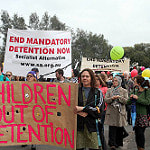
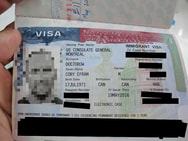

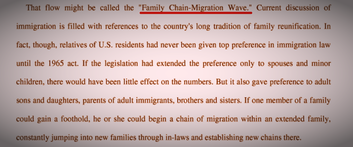
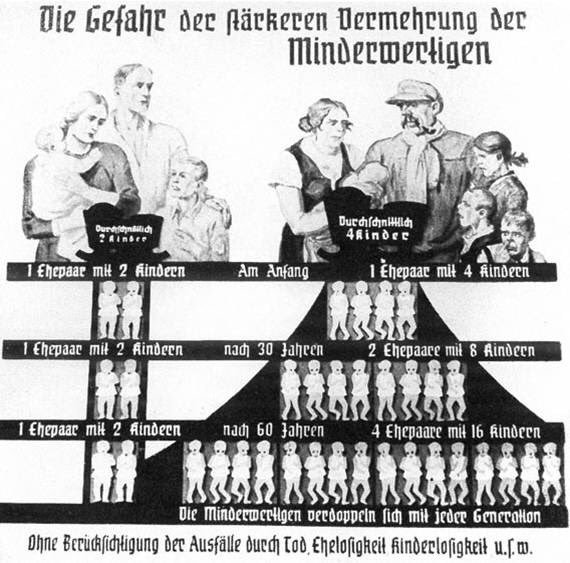
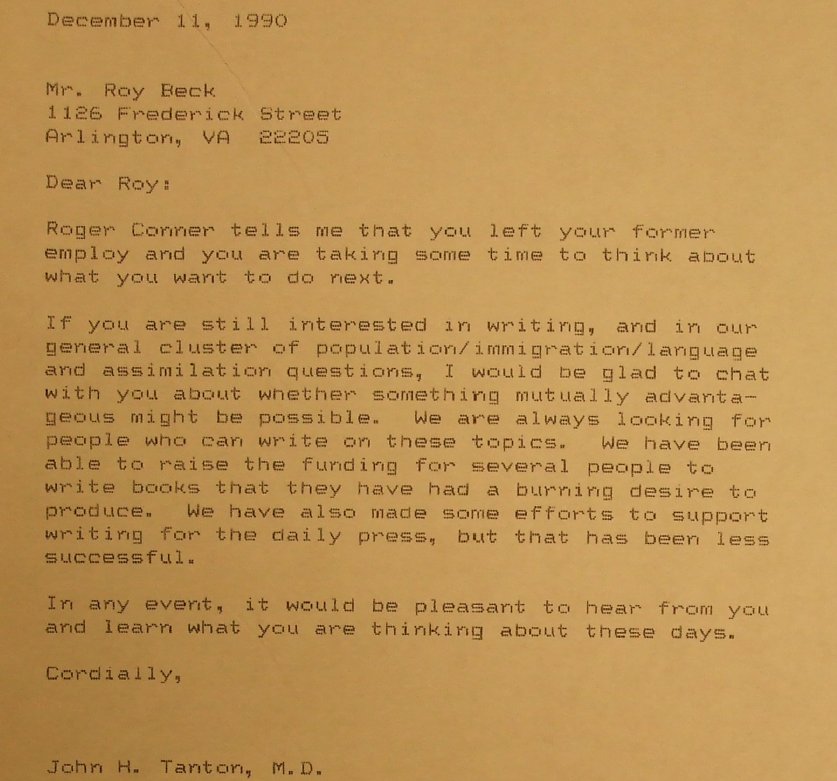



 RSS Feed
RSS Feed
